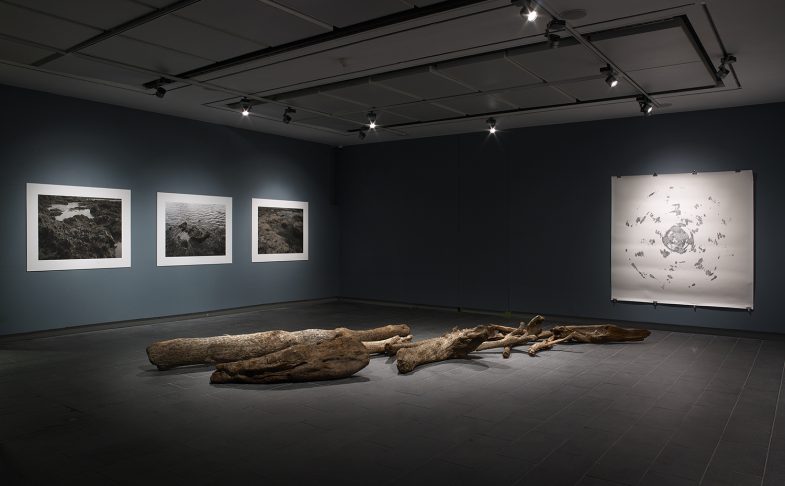[This post is in two parts because of its length]
Part I
It may be correct, in some respect, to say that, “No one desires to support things they know to be evil.”
People, however, do desire and knowingly, and freely choose evil. That is the definition of sin. I would agree with you, however, if you mean to say that everyone desires what they perceive to be good.
The problem is that what one perceives to be good, desirable, to my advantage, serves what I want (however you want to put it) is not always objectively good. We fallen human beings often get confused about what is good. And out of weakness of will, and the disorder we experience in our passions, we often do evil. For example, sex is good; created by God for the union of man and woman in marriage and for the generation of new human life. Because of our disordered passions, however, we often set the pleasure of sex in an order above commitment and procreation. The good that we perceive is the pleasure. The pleasure involved in sex is, in fact, good, but we engage in evil when attaining this pleasure outside of marriage and openness to life (i.e. disordered use of sex).
Regarding the natural law, it is not a Christian thing, per se, but it does have to do with how things are made. I can see that if you don’t believe there is a creator, then there would be no natural law, because without a creator nothing has any intrinsic meaning. As the materialists often say, “You are nothing more than electrical-chemical reactions”. Observation and reason, however, shows this statement to be absurd.
One can see that there is a difference between a tree and human being. Taking a hatchet to a tree is vastly different than taking a hatchet to human being. This is not simply a social norm, or chemical reaction in your brain, but it is due to the objective nature of a human person, which can be observed.
My cat is not going to do transcend things, like recognize the good, the true and the beautiful. I will never come home and find him painting a replica of the ceiling of the Sistine Chapel in my den. He will not be composing a symphony or writing poetry or even enjoying any of these things, or contemplating philosophy and theology or great works of literature.
[Continue in Part II below]

